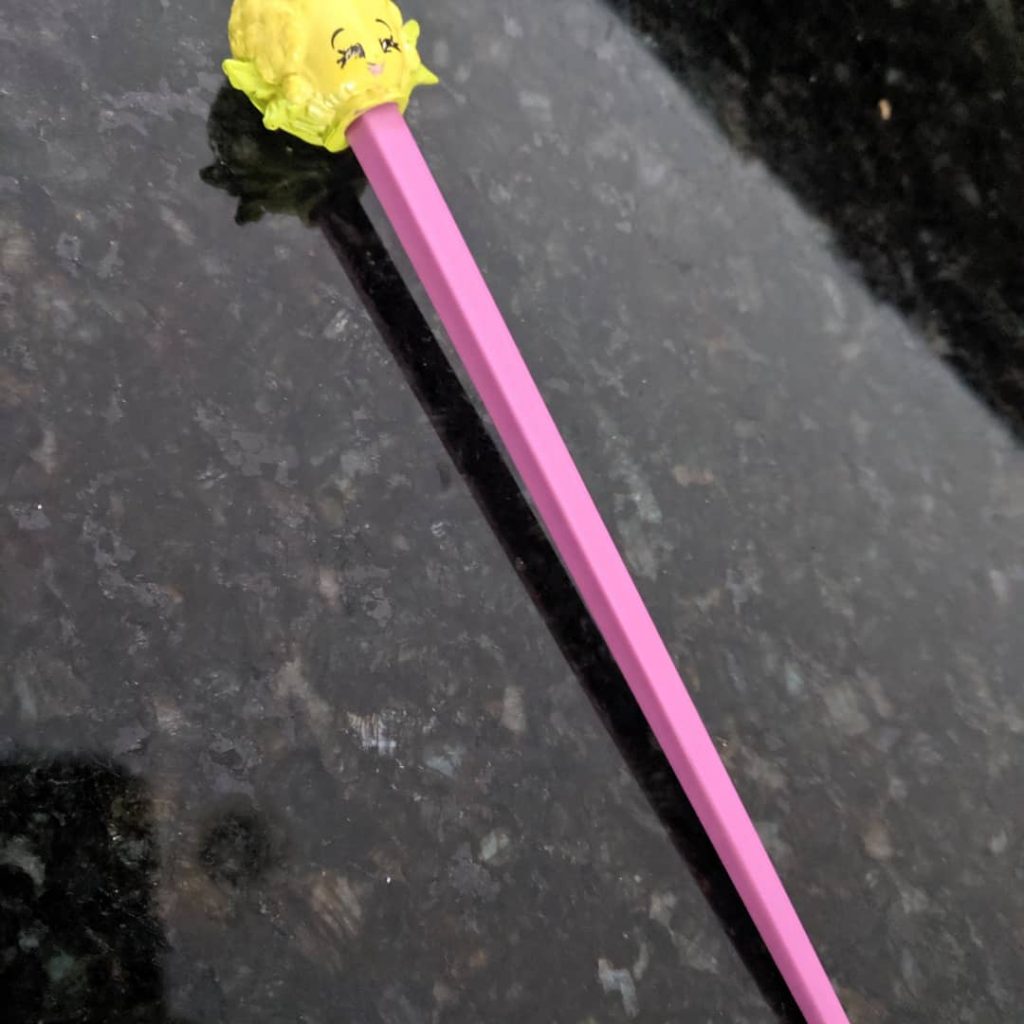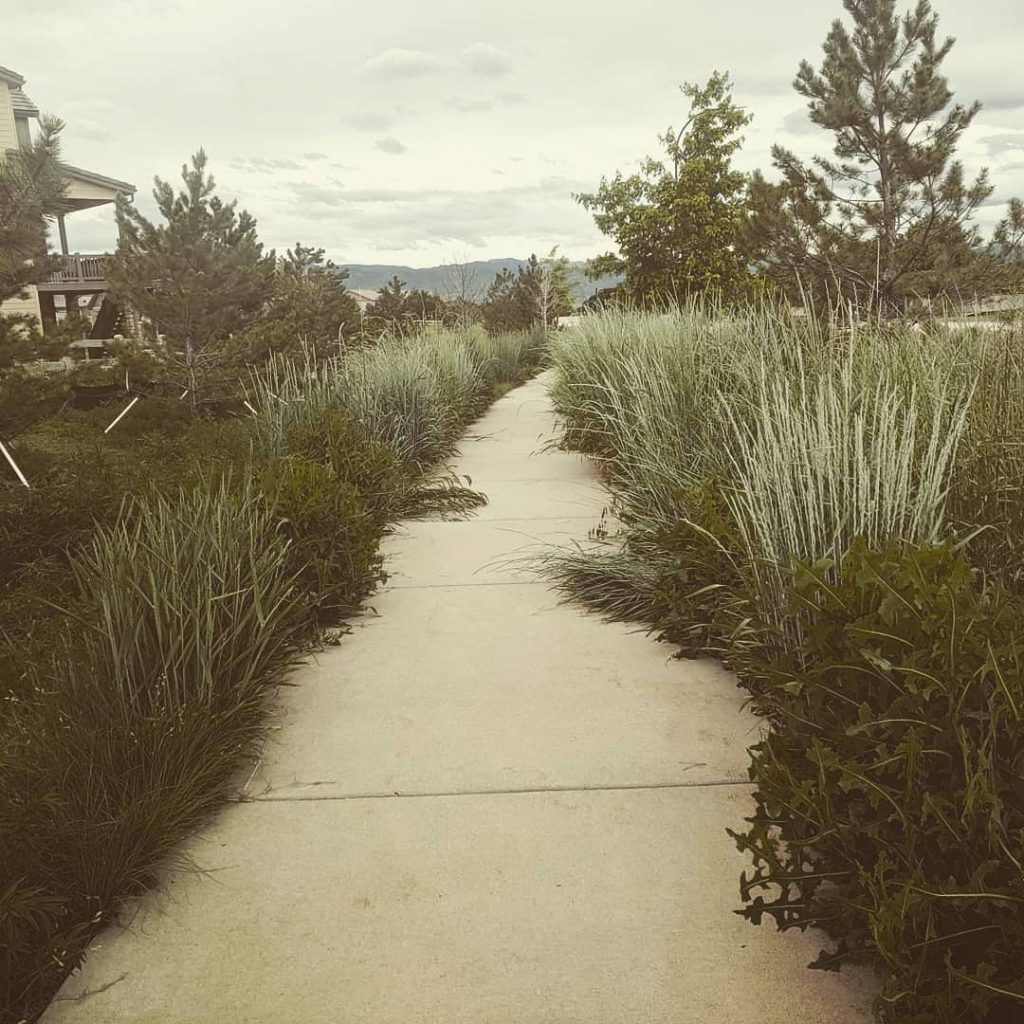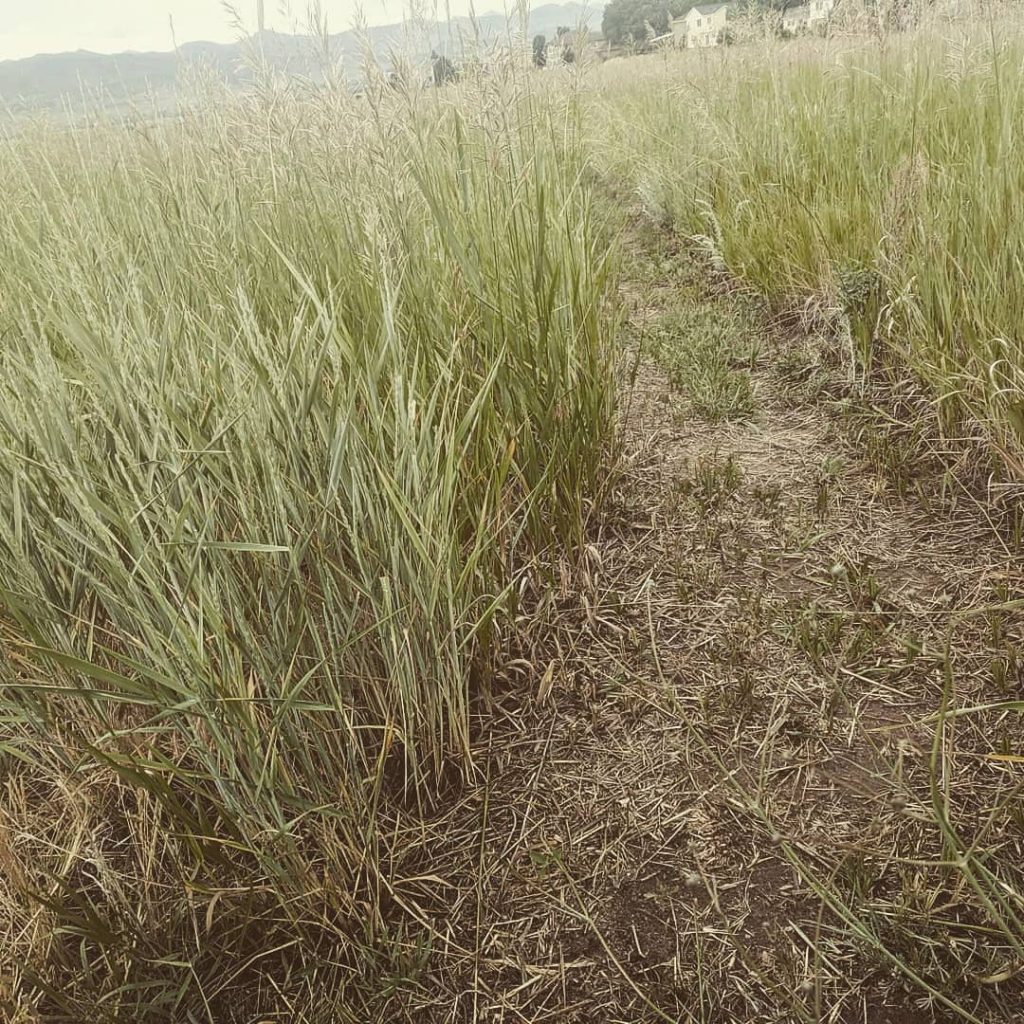Not that long ago, I walked into my grandma’s house and found the garage decked out in fourth of july red white and blue from one end to the other. The decorations continued into the house itself, and I asked her if she’d had any help setting everything up.
She laughed, once, hard, the way she did. “Ha! No. That’s all me. I do that.”
I looked at her – closing in on ninety-four at the time – and then I looked back at the stairwell leading into her basement.
The one with twelve foot high walls rising up on three sides.
Which were ALSO decorated.
“How’d you do THAT?” I asked her.
She looked at me, and learned in, and said “Ain’t I something?”
And she was.
It’s difficult, maybe impossible, to sum up a life. Anyone’s life, let alone one as long and rich as my Grandma’s.
It’s a tiny bit easier to look at the effect someone had on the people around them – the stories about them; what they said, and what they did; the things they taught us.
I asked my family for some of the things they learned. This is what they shared:
- The world always looks better through clean windows.
- Wash your face, your neck, and your ears, even if you can’t wash anything else.
- The food you grow yourself always tastes better.
- Never move into a new house with an old broom.
- Always sift your dry ingredients before you start baking.
- You don’t quit when you’re tired, or if things gets hard; you quit when you’re done.
- If you don’t have time to write letters, send birthday and Christmas cards and jam every square inch with whatever you would have written in those letters… and if you start to run out of room, just writer smaller and smaller and smaller until it all fits.
(My mom learned that one pretty well.)
And here’s another one: when you’re sad, crying is ok – but so is laughing.
Grandma showed us living your faith was in the quiet way you give, serve, share, and show patience to those who need it the most – not how many Sundays you made it in to church.
She showed us love can find you, even or especially when it seems like it never will again.
Grandma showed us how to milk cows, feed calves, and carry buckets of water that were – at the time – almost bigger than we were.
We learned early, watching her, a woman can do anything a man can. She never told a girl there was any job on the farm they couldn’t do, and she never told a boy there was a recipe in her cookbook we couldn’t manage, if we were willing.
She tried her best to show us how to make bread as good as hers – even if none of us ever managed it; it was enough to try, and even better if we tried with her, in her kitchen. In fact, she shared every recipe she knew, gladly, from caramel rolls, to chicken, to squash casserole so good we’d go back for seconds, and then go back for thirds, put whipped cream on it, and call it dessert.
My kids remember that, and holding her hands, and the bowls of candy she somehow always had set out, and the fact she had the fanciest, best decorated garage any of them had ever seen.
Everyone who shared some of their lessons with me, including my kids, eventually wound down to the same thing, by the end: “These are just a few of the things I remember – there are a thousand more.”
And of course there are. In a life that touched so many, for so long, it’s impossible to fully take in the impact of our mother, grandmother, great-grandmother, and friend.
So how can we remember her?
I would say: think of the small things – the little lessons, the tiny moments, the snippets of advice.
When you holler “no dirty feet in my clean sheets!” remember why, and share that remembering with someone else. Tell that story, and then tell another one, and another; as many as you can.
Some will make you sad, and you’ll cry. Some will make you sad, and you’ll laugh, and that’s okay too.
Don’t worry you’ll run out. There are thousands.
We are, all of us, a collection of stories, when you come right down to it, and Floy Jean, my grandma, was a good one.
She was, in her own words, really something.




